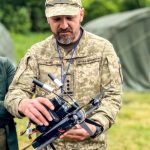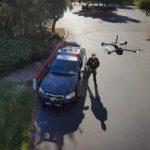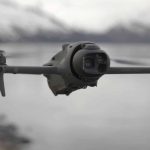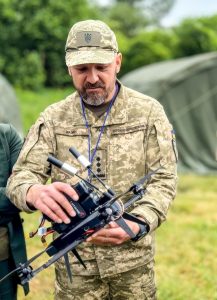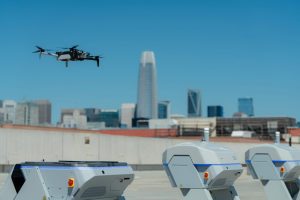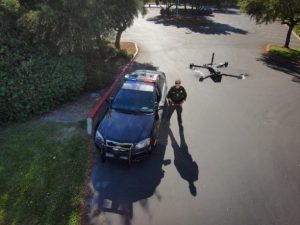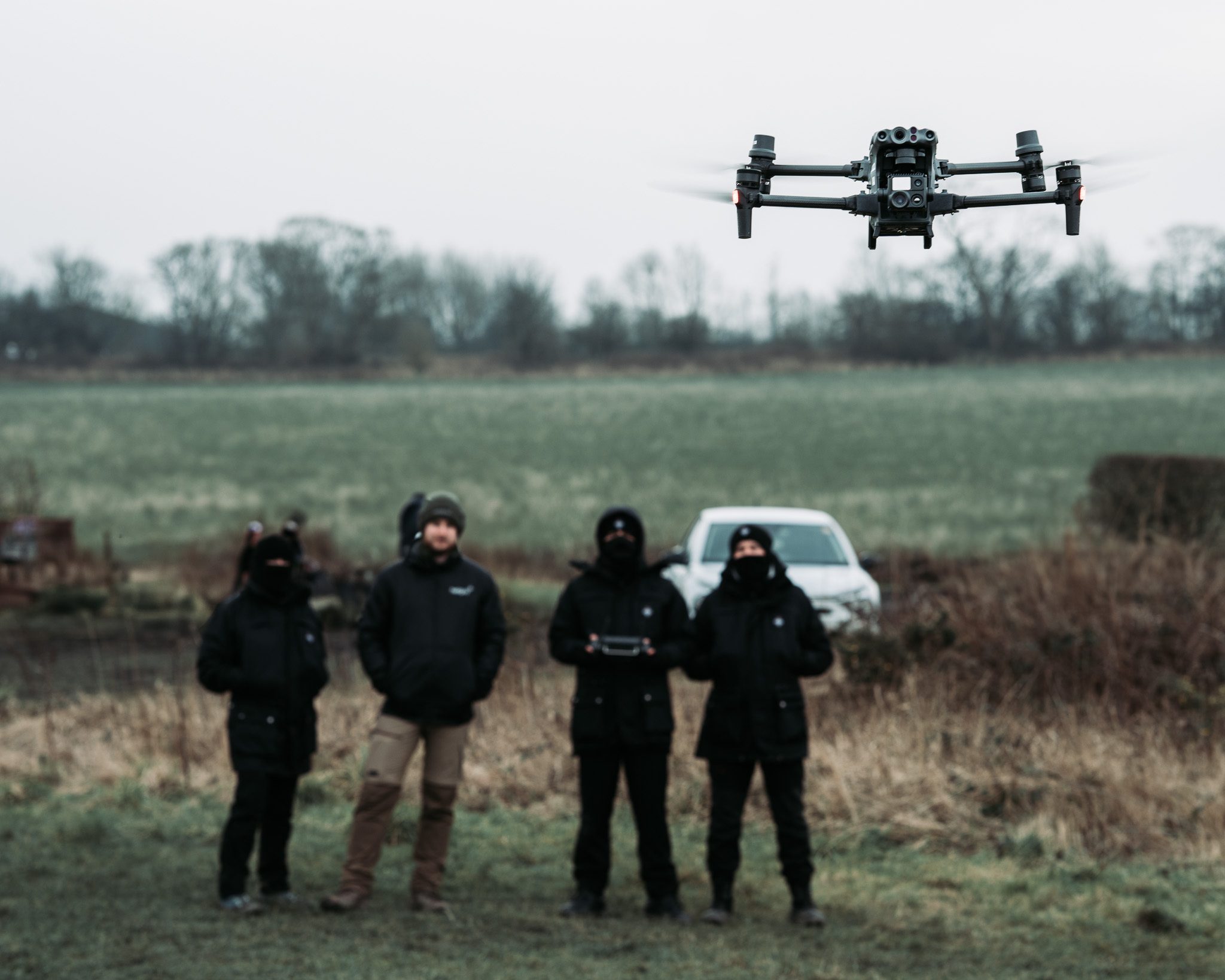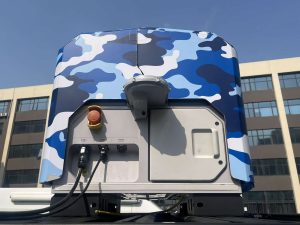Combating Contraband: UK Prisons Leverage Drone Technology
A North East UK drone services provider, Heliguy, is enhancing prison security through innovative drone training and equipment, addressing the growing challenge posed by drone-based contraband deliveries.
In recent years, British prisons have identified an alarming increase in contraband smuggling, including drugs and weapons, via drones. This has led to concerns for the safety and security within prison walls, prompting prison management to seek proactive measures against these aerial threats.
Training for Enhanced Security
Heliguy is stepping in to train prison staff across the North East and Yorkshire, providing them with essential skills to manage drone incursions effectively. Jack Sharp, the Head of Training at Heliguy, expresses that there is a noticeable rise in demand for drone training in correctional facilities.
“The threats posed by drones in prisons are unprecedented, and we are experiencing a significant increase in interest from the prison sector for support in maintaining security,” said Jack. This includes comprehensive training on operational regulations, visual line of sight flying, and advanced drone operation techniques.
Drone Incursions: A Dire Reality
According to recent government data, illegal drone activities near prisons have surged tenfold over the past decade. A report from Her Majesty’s Inspectorate of Prisons highlighted a specific high-security prison that has been overwhelmed by drone activity, likening its situation to that of an airport due to the volume of drone drop-offs.
Sharp notes, “While drones are utilized by criminals to smuggle goods, they also serve as an invaluable first line of defense for prisons. They have revolutionized perimeter security by detecting packages before inmates can access them. Drones provide exceptional surveillance, allowing for continuous coverage and timely evidence gathering in the event of incidents.”
Advanced Drone Capabilities
Prison security teams are predominantly trained on the DJI M30T and Mavic 3 Thermal drones, which are tailored for the security industry. These drones are capable of conducting detailed aerial inspections and surveillance while offering thermal imaging capabilities for enhanced safety protocols.
Heliguy’s training allows prison staff to leverage the speed and agility of these drones—like the M30T, which can reach speeds of up to 83 km/h—to intercept potential threats quickly.
Transforming Security Measures
Recent technological advancements allow prisons to implement flying drone systems remotely. Heliguy achieved approval to operate drones beyond visual line of sight (BVLOS), a groundbreaking development that enables drones to be controlled from a distant location without being visible to the operator.
Jack compares this technology to having a “flying guard dog,” significantly altering how prison management approaches security. With the right drone hardware, such as the DJI Dock 2, prison personnel can respond to threats rapidly, enhancing their overall effectiveness in preventing contraband entries.
New Legislation and Future Prospects
As of January 2025, tougher regulations have been introduced, making it illegal to fly drones within 400 meters of a prison, carrying severe penalties for offenders. Yet, as the value of contraband drastically increases inside prisons, this risky business continues to appeal to criminals.
Jack concludes, “While drones present challenges for prisons, they are also becoming a crucial part of the solution. With advancements in both technology and training, many prisons are now engaging Heliguy for assistance in combatting drone issues effectively.”
For more information about Heliguy’s initiatives, visit their website: heliguy.com.
To read the original article, click here: Original Article
